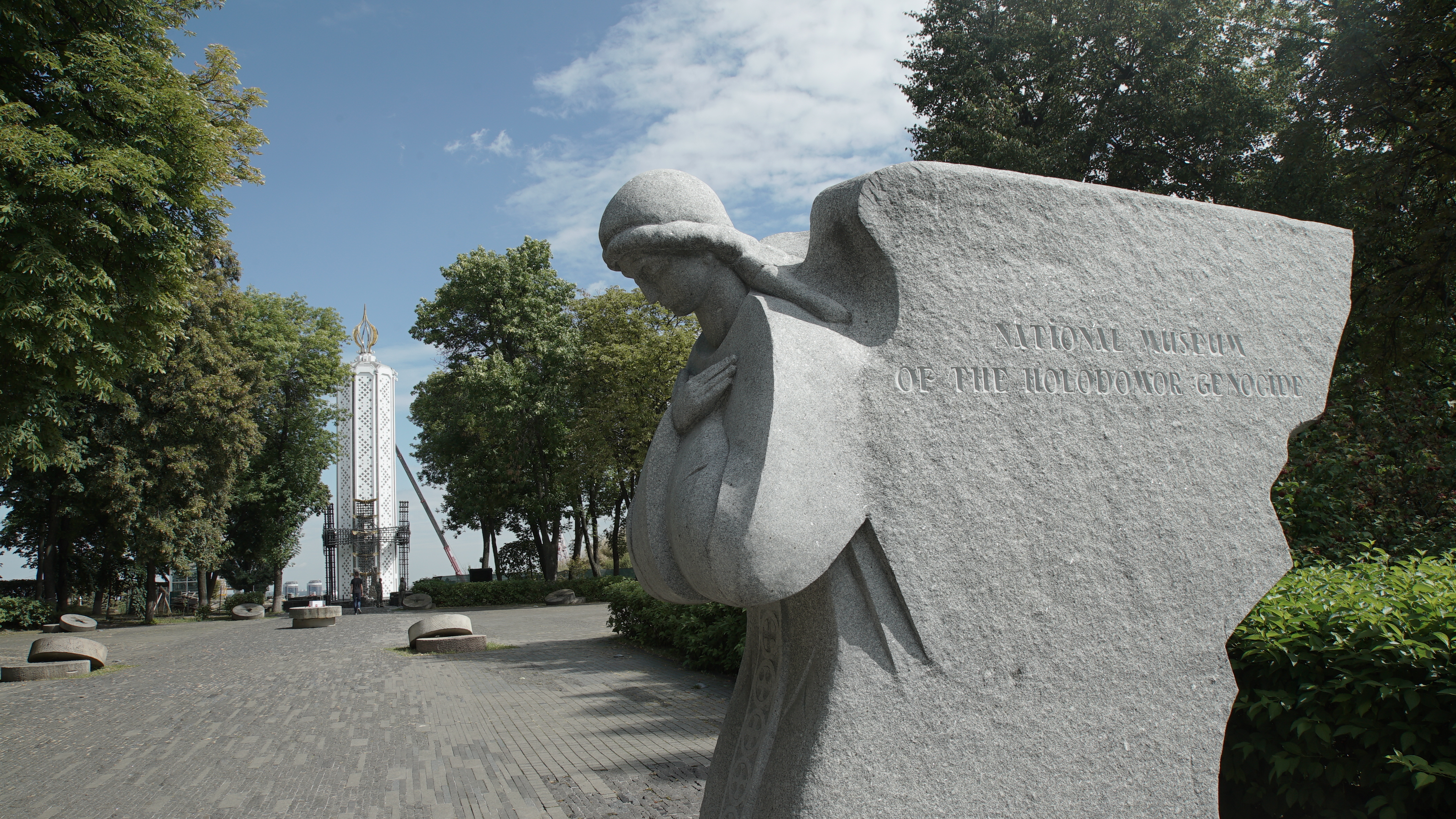Holodomor Museum supported the appeal of Ministry of Culture and Informational Policy of Ukraine on combatting chaotic construction
The Ministry of Culture and Information Policy together with Kirovohrad, Khmelnytsky, Rivne, Chernivtsi, Zaporizhia, Mykolaiv, Sumy, Ternopil, Zhytomyr, Kharkiv, Dnipropetrovsk, Vinnytsia, Cherkasy, Lviv, Zakarpattia, Odesa, Poltava state administrations, mayors of historical cities Sumy, Lviv, Odessa, heads of territorial communities, regions participating in the Danube Strategy of the EU program, All-Ukrainian Association of Local Governments “Association of Village, Settlement Councils and United Communities of Ukraine”, All-Ukrainian Association of Communities, public representatives, National Historical and Cultural Reserve “Hetman’s Capital”, National Historical and Memorial Reserves “Battle Field of Brest” and “Bykivnia Graves”, Kremenets-Pochayiv State Historical and Architectural Reserve, National Historical and Architectural Reserve “Kamianets”, National Reserve “Taras Shevchenko’s Motherland”, National Historical and Ethnographic Reserve “Pereiaslav”, State Historical and Architectural Reserve “Khotyn Fortress”, National Architectural and Historical Reserve “Chernihiv Ancient”, National Historical and Cultural Reserves “Chyhyryn” and “Kachanivka”, Hlukhiv National Reserve, Belz State Historical and Cultural Reserve, Sofia Kyivska National Reserve, Kamiana Mohyla National Historical and Archaeological Reserve, Marshal Konev’s Height National Memorial Complex, the National Art Museum, the National Reserve “Ancient Halych”, the National Museum of Folk Architecture and Everyday Life, the National Museum of the Holodomor-Genocide, the National Museum of History of Ukraine in World War II, the National Museum of History of Ukraine, the Sheptytsky National Museum in Lviv Sheptytsky, the National Research and Restoration Center of Ukraine, the Institute of Archeology, the Union of Archaeologists, the Vinnytsia Regional Art Museum ask the Verkhovna Rada of Ukraine to immediately consider bills to combat chaotic construction.
Imperfect legislation in the field of cultural heritage protection leads to the destruction and destruction of unique historical sites and cultural monuments.
At present, the Verkhovna Rada of Ukraine has registered bills on amendments to some legislative acts of Ukraine on prevention of destruction of immovable cultural heritage (№ 4561) and on amendments to some legislative acts of Ukraine on strengthening responsibility for destruction of immovable cultural heritage and violation of traditional the nature of the environment (№ 4562).
They provide a systematic approach to the regulation of immovable cultural heritage, in particular:
1. Introduce criminal and strengthen administrative responsibility for crimes in the field of cultural heritage protection;
2. Significantly increase fines for destruction and destruction of cultural monuments, in particular,
– for citizens—from UAH 850–1,700 to UAH 17,000–170,000,
– for officials—from UAH 1,700–2,250 to UAH 170,000,
– for repeated violation for individuals—UAH 170,000–340,000,
– for legal entities—from UAH 1700–170 000 to UAH 20 400–1 700 000,
– for non-compliance with the order—from UAH 850–1700 to UAH 1,700,000,
– for repeated violation for legal entities—UAH 40,800–3,400,000.
3. Expand the range of persons who can draw up reports for violations;
4. Reduce the number of approvals and authorization procedures from 25 to 6, which automatically removes the risk of misuse;
5. Create transparent conditions for developers and digitize all processes in this area;
6. Create an open register of immovable cultural heritage;
7. Clearly delineate powers and establish common rules for all;
8. Introduce a special system of state control and supervision in the field of cultural heritage protection;
9. Transfer certain powers in the field of protection of cultural heritage to local self-government bodies.
Such a clear, transparent, structured system of cultural heritage protection can be rejected by those who usually decide to circumvent the legitimate interests of the state and society. After all, the proposed changes to the legislation prevent chaotic construction and corruption.
Source: Ministry of Culture and Information Policy of Ukraine
